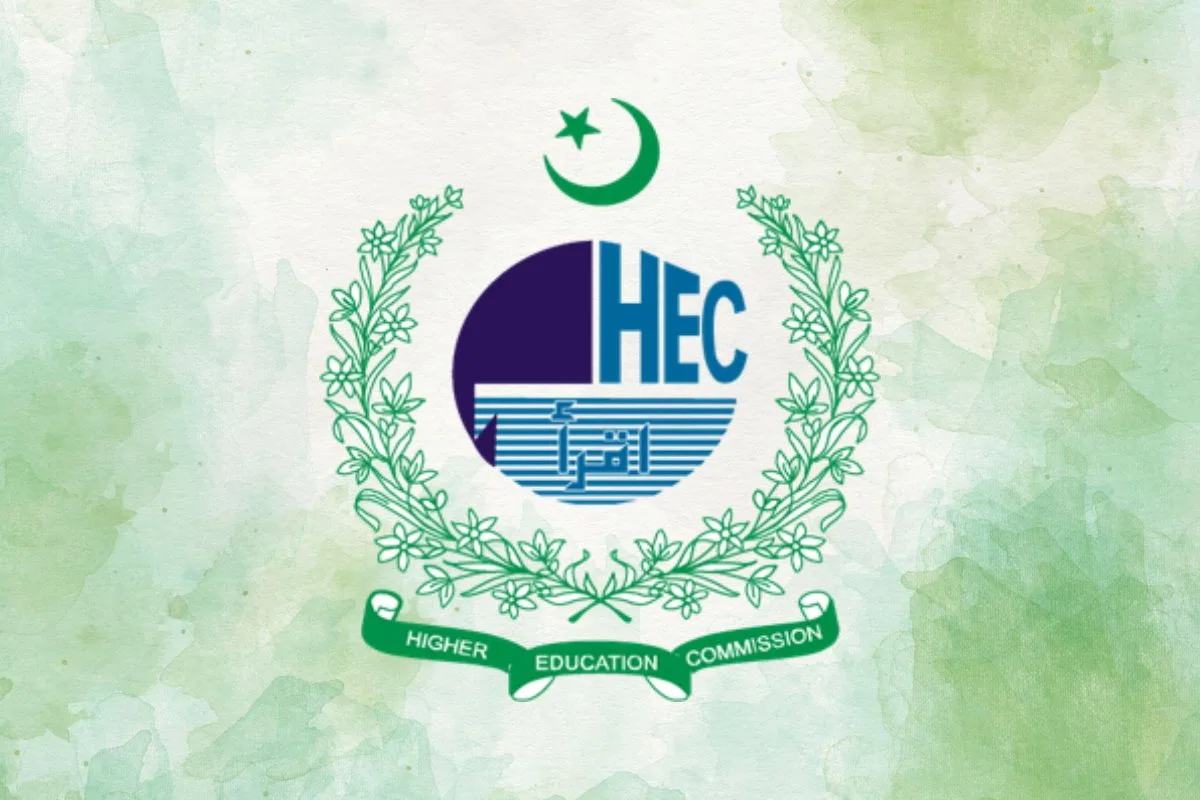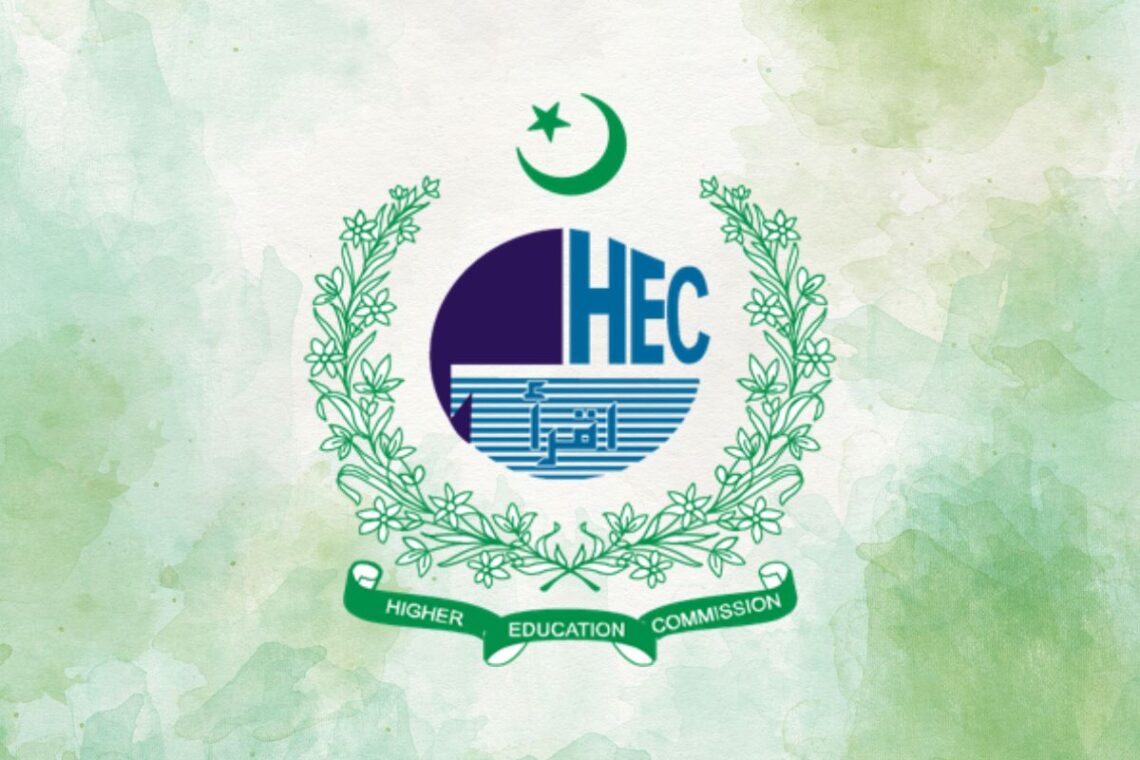The Higher Education Commission (HEC) in the country has rolled out a stricter Affiliation Policy 2024 for both government and private colleges associated with government universities and degree-awarding institutions nationwide. According to the new policy, no university or degree-awarding institution can affiliate public or private colleges without obtaining a no-objection certificate (NOC) from the HEC.

Previously affiliated colleges are now subject to desk reviews by the HEC to maintain their affiliation, and universities must input necessary information for their existing affiliated colleges on the HEC portal. Non-compliance with the new policy will result in the non-attestation of degrees by the HEC, and universities violating the affiliation policies will face disciplinary action.
A critic from the Sindh government’s education department deemed the policy impractical, expressing concerns about potential closures of government colleges, leaving students without educational options. The critic voiced frustration over policies being formulated based on online reviews, neglecting on-the-ground realities. The HEC warns of non-verification of students’ degrees if the policy is not implemented.
Last year, on February 23, 2023, the HEC prohibited public sector universities from granting new affiliations to colleges. Now, this more stringent policy is announced approximately 10 months later. The notification also introduces an online portal for the implementation of the HEC Affiliation Policy 2024.
Universities are mandated to enter essential information about their new and existing affiliated colleges on the portal, subject to review by the HEC Review Desk. Failure to comply could lead to disciplinary measures, including a ban on affiliating colleges. The policy draft specifies that no university can affiliate a new program to colleges unless the program has been operational in that university for at least five years.
Despite the inclusion of representation from federal and provincial HECs in affiliation committees, a government university vice-chancellor in Sindh highlighted challenges in implementing the new policy. Conflicts with universities’ own acts make the policy’s implementation difficult, according to the vice-chancellor.

















